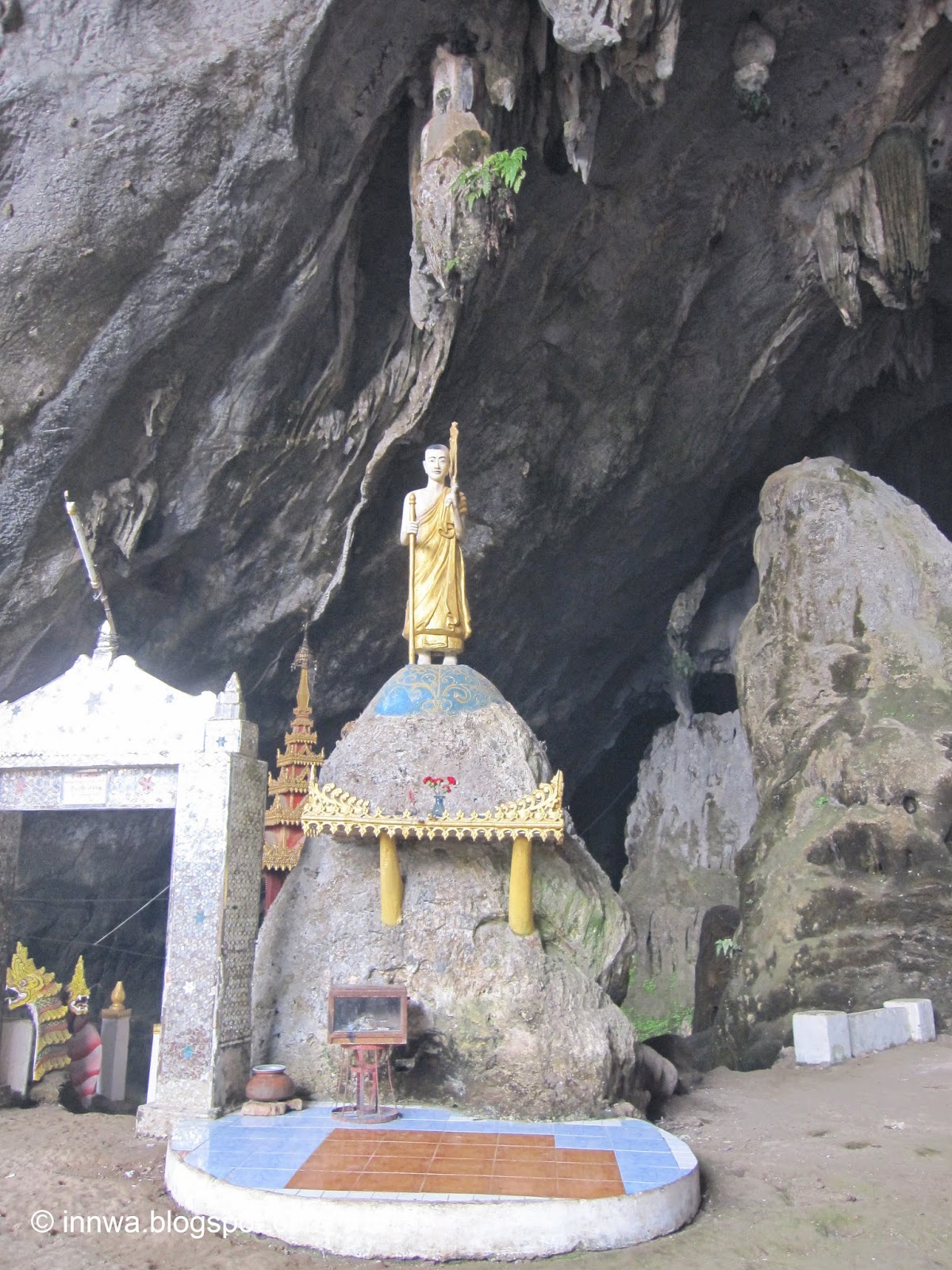From the Land of Green Ghosts:
A Burmese Oddyssey
By Pascal Khoo Thwe
This beautifully written biography gives a rare insight into one man's fight against an oppressive regime and his dream of going to Cambridge University to study english literature.
You follow his life from his childhood in the Padaung tribe in Burma/Myanmar's Shan State, to student life in Mandalay until he escapes into the jungle becoming a guerilla fighter. Finally his dream comes through and he's able to go to England to study English literature at Cambridge University.
Book description by the publisher:
In 1988, Dr. John Casey, a professor visiting Burma, meets a waiter in Mandalay with a passion for the works of James Joyce, and the encounter changes both their lives.
Pascal, a member of the Kayan Padaung tribe, was the first member of his community to study English at a university. Within months of his meeting with Dr. Casey, Pascal's world lay in ruins. Burma's military dictatorship forces him to sacrifice his studies, and the regime's brutal armed forces murder his lover. Fleeing to the jungle, he becomes a guerrilla fighter in the life-or-death struggle against the government. In desperation, he writes a letter to the Englishman he met in Mandalay.
Miraculously reaching its destination, the letter leads to Pascal's rescue and his enrollment in Cambridge University, where he is the first Burmese tribesman ever to attend.
From the Land of Green Ghosts unforgettably evokes the realities of life in modern-day Burma and one man's long journey to freedom despite almost unimaginable odds.
This book was first published in 2002.











































